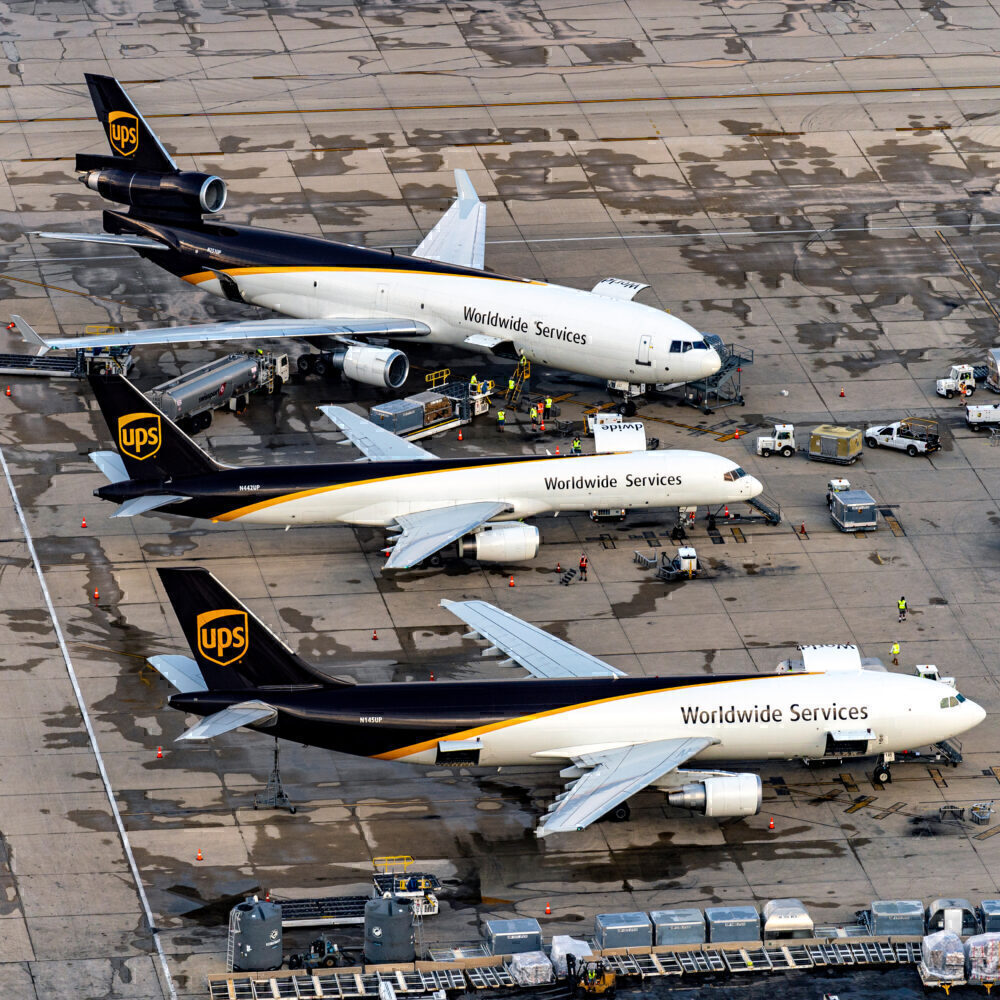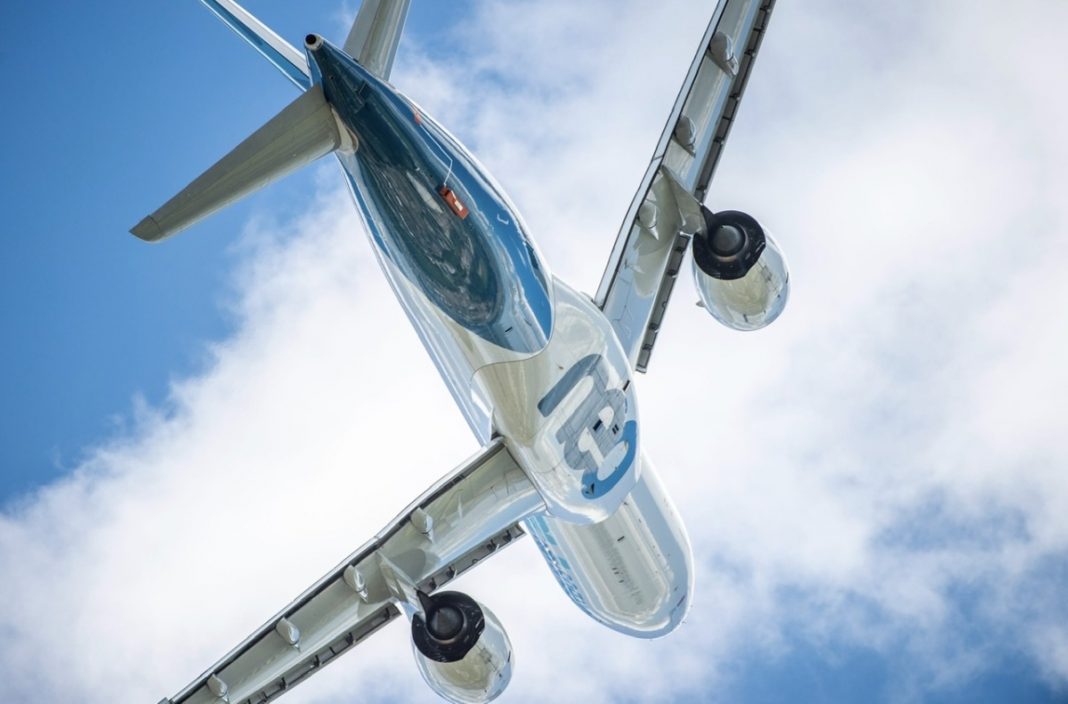Two years ago, Amazon asked Airbus to produce an A330neo freighter. Specifically, it wanted an A330-900, potentially with a stretched fuselage. The idea was supported by cargo airline UPS. As yet, Airbus is yet to announce any such development, so will it ever?

Demand for cargo
With demand for cargo around the world at an all-time high, freight companies largely rely on Boeing to cater to their needs. The inimitable Queen of the Skies is a ready-made cargo shifter, with the capable 767 and 777F providing plenty of backup. But for Airbus, the cargo market has never really been its forte.
The only aircraft Airbus really built to move cargo was the A330-200F. Derived from the passenger -200, it has a capacity to carry 65 tons over 4,000 nautical miles, or can manage 70 tons for a range of 3,200 NM. With a capable aircraft base model that sold more than 600 units, the -200F should have been an easy sell.
But the -200F never really did sell. At the end of November this year, orders for the type stood at just 41, with 38 delivered. It didn’t matter too much to Airbus, as the investment in the program was small, but it left Boeing ruling the kingdom of cargo moving planes.

Of course, the A330 as a family has moved on from the A330-200. The ‘neo’ versions, with their uprated engines and better fuel efficiency, have raised the bar for Airbus’ smaller widebody. Could the same improvements make for a better freighter in the future?
Stay informed: Sign up for our daily aviation news digest.
Pressure from Amazon and UPS
Back in 2018, both Amazon and UPS expressed an interest in a new freighter offering from Airbus. They wanted an A330neo freighter, specifically the A330-900, but potentially with a stretched fuselage to accommodate an even greater payload.
Amazon Prime Air, as it calls itself now, is an all-Boeing cargo airline. It has 44 767Fs and 22 737F. Its interest in Airbus should have counted for something, given that the airline is planning to expand to a fleet of 200 aircraft in the next eight years. It is even building a new $1.5 billion facility near Cincinnati, which will accommodate around 100 planes for 200 flights per day.

The project could be relatively easy. The A330neo shares the same fuselage as the original ceo version, so Airbus already has the tooling, plans and know-how to produce an A330neoF. But, as yet, the planemaker hasn’t made any announcements to this effect. Will it ever?
Would an A330neo freighter make sense for Airbus?
The A330-900 has been doing OK. 332 orders across the family in six years is not to be sniffed at, but it’s sold more slowly than its competitor, the Boeing Dreamliner, which sold more than that in its first three years. The additional orders that could be secured via a freighter variant could provide a welcome bump to these numbers.
As mentioned before, the cost of such a project would be far more bearable than the usual costs associated with producing a new aircraft. The engineering is already done. It’s just a case of offering it on the newer model.
The orders would likely not stop at just Amazon and UPS either. Airlines that rely on the 767 are often flying aging aircraft, and would find the 777F much too big for their needs. Atlas Air, for example, has expressed an interest in the A330-300P2F (passenger to freight conversion) for its lower capacity needs in future. An A330neoF could help to plug the gap with something new and efficient.

While all these things sound great, the reality is that Airbus is probably unlikely to launch an A330neo freighter anytime soon, especially after the 2020 we’ve had. This year has seen rapid retirement of many passenger aircraft, including the A330ceo and Boeing’s 757 and 767 models.
This leaves a lot of ‘spare’ planes lying around that are ripe for conversion. Freight companies tend to care more about cost than capability, so would be more likely to invest in converting a secondhand model than to sink a huge amount into a brand new plane. Still, it’s an interesting idea, and perhaps one Airbus will revisit when the feedstock for other options begins to run out.
[ad_2]
Source link


